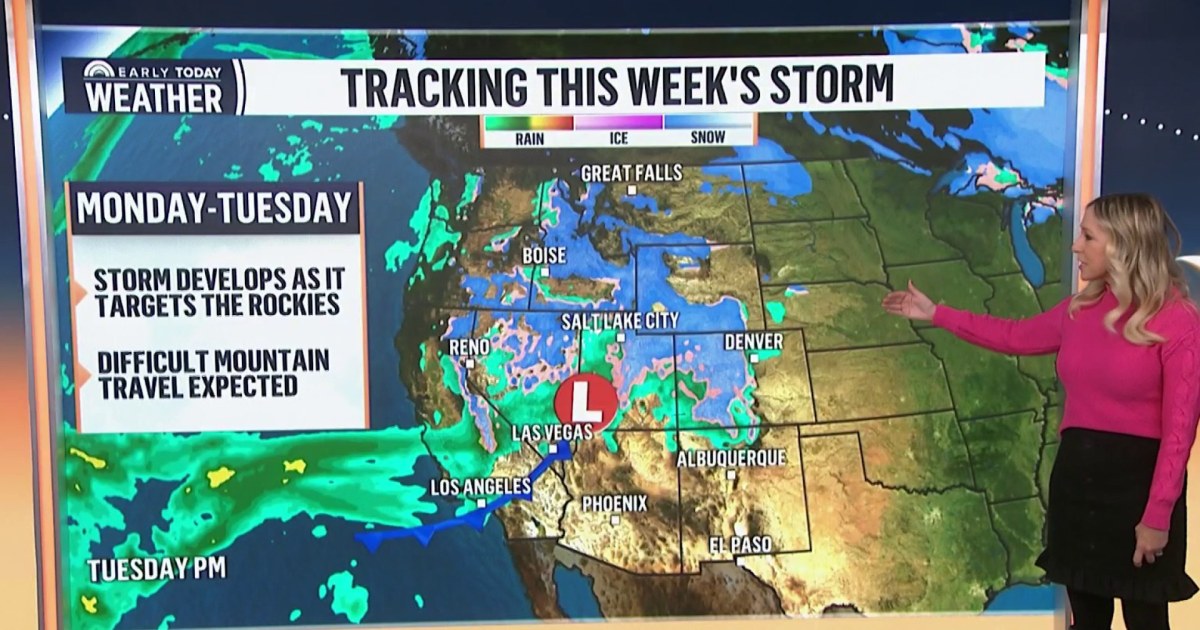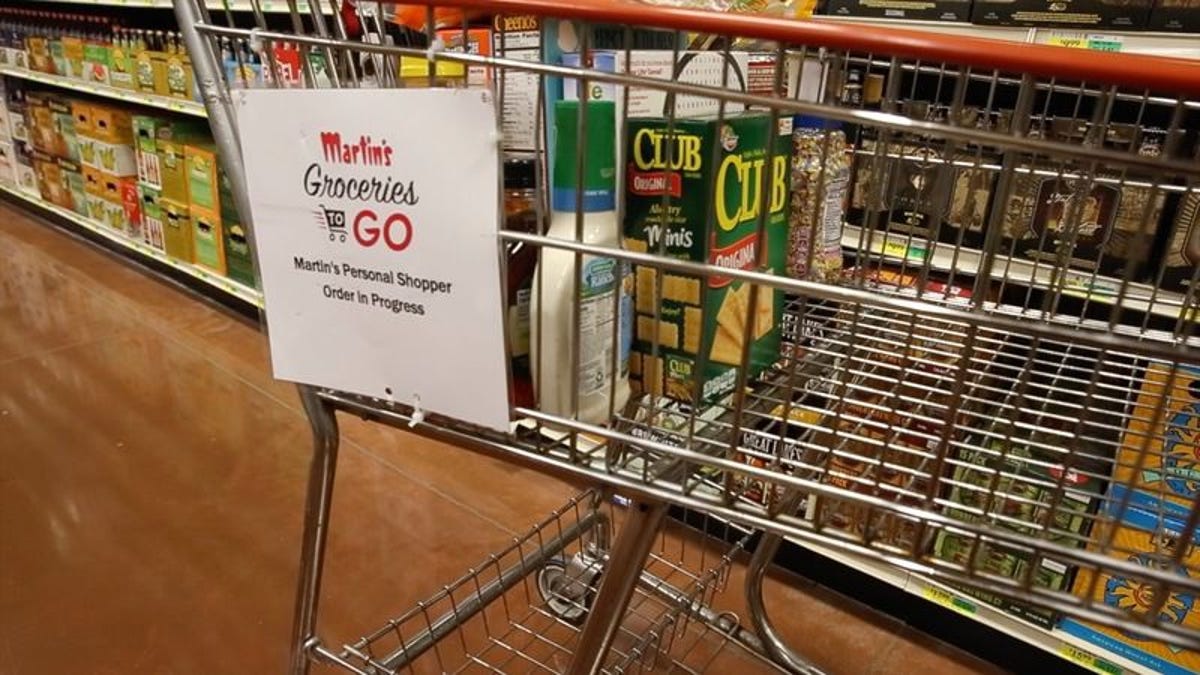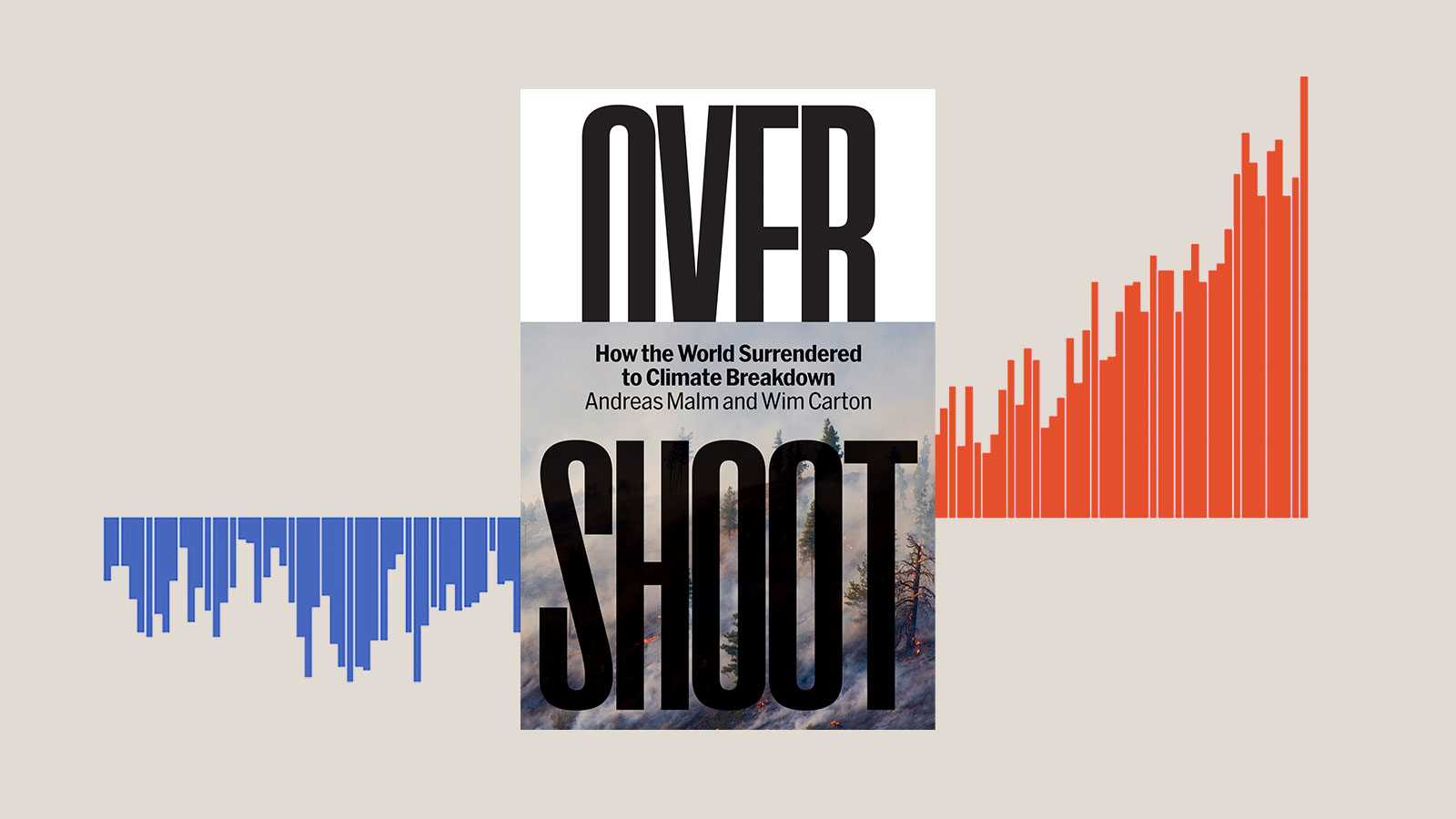Bussiness
Philly’s small business community comes together for Bridging Blocks event

Starting a small business can be lonely, so many of the business owners who attended WHYY’s Bridging Blocks event Wednesday evening at WHYY’s Studio near Independence Mall were encouraged to be surrounded by well over 100 creative entrepreneurs and helpful professionals.
They attended the event, titled Small Business Card Exchange, with the goal of starting, growing and improving small businesses in Philadelphia.
Business reporter Kristen Mosbrucker-Garza moderated a conversation between experts from the Free Library of Philadelphia, the city government and financial services companies. The main objective of the evening was to address the hurdles that small and emerging business owners face while navigating in Philadelphia.
Despite having nearly 30,000 business applications from 2022 to 2023, Philadelphia is a relatively difficult city in which to start and maintain a business. Small business owners often need grants and other investments to get started, as well as help with financial and risk management planning.
Lonnie Johnson, a library supervisor at the Free Library’s Business Resource and Information Center, encouraged business and nonprofit owners to visit the BRIC for “people-centered” resources.
Johnson emphasized that Google can be helpful but often cannot give entrepreneurs the information and access to expertise that they need and highlighted the Free Library’s services. “We work one-on-one with people and give them direct answers,” he said, “and if [we] don’t know the answer, we refer them to someone who does.”
Rachel Branson directs the Office of Minority Business Success under the Department of Commerce and supported Johnson’s point that the department works with the Free Library. However, the office also allocates funds to groups such as the Economy League, so aspiring owners can avoid accumulating debt at startup.
Gregory Davis, the president of Vertex Financial Advisors, advocated for people to “bootstrap their business,” by generating capital through saving monthly income or crowdfunding. If aspiring business owners feel incapable of saving, Davis encouraged them to invest in financial planners to instill discipline and plan for periods of instability.

People-to-people conversations
After the panel, small business owners, business-to-business vendors and experts who contribute to start-ups talked to each other about their wants and needs. WHYY’s community engagement manager Eric Marsh also led a conversation in which attendees introduced themselves and discussed what they shared with their groups.
Tracie Henry owns and operates Lacey’s House, a tiny nonprofit that operates in Philadelphia and serves communities in African nations dealing with poverty and violence. Her latest project is providing support in the country of Burkina Faso, which is currently afflicted by terrorist activity along its border with Mali and Niger.
Henry was pleased that the post-panel discussion allowed others in the room to learn more about Burkina Faso’s conflicts. She also used the event to connect with other small businesses to collaborate on donations for children in the country.
Despite the serious nature of the event, attendees said the small business community was hungry for information and resources, and found it refreshing to connect with new people.
Matt Devine is a startup and venture capital attorney at the firm Royer Cooper who provides legal counseling for people at different points in their business journey. He appreciated meeting a wide variety of creative professionals.
“What’s interesting about working with startups is the creatives,” he said, “and the people that [small businesses] actually have. They’re building something.”

Graphic designer and content creator Kayla Brown sought to network with people who need to market themselves and find their brand identity. She liked that the atmosphere was welcoming and not stressful like a regular networking event.
“It gives me so much hope when it comes to starting a business because there are so many people … who are willing to help you,” Brown said. “It doesn’t feel like an industry where you’re fighting or going against anyone.”




/cdn.vox-cdn.com/uploads/chorus_asset/file/25080265/111323_PlayStation_Portal_ADiBenedetto_0004.jpg)





